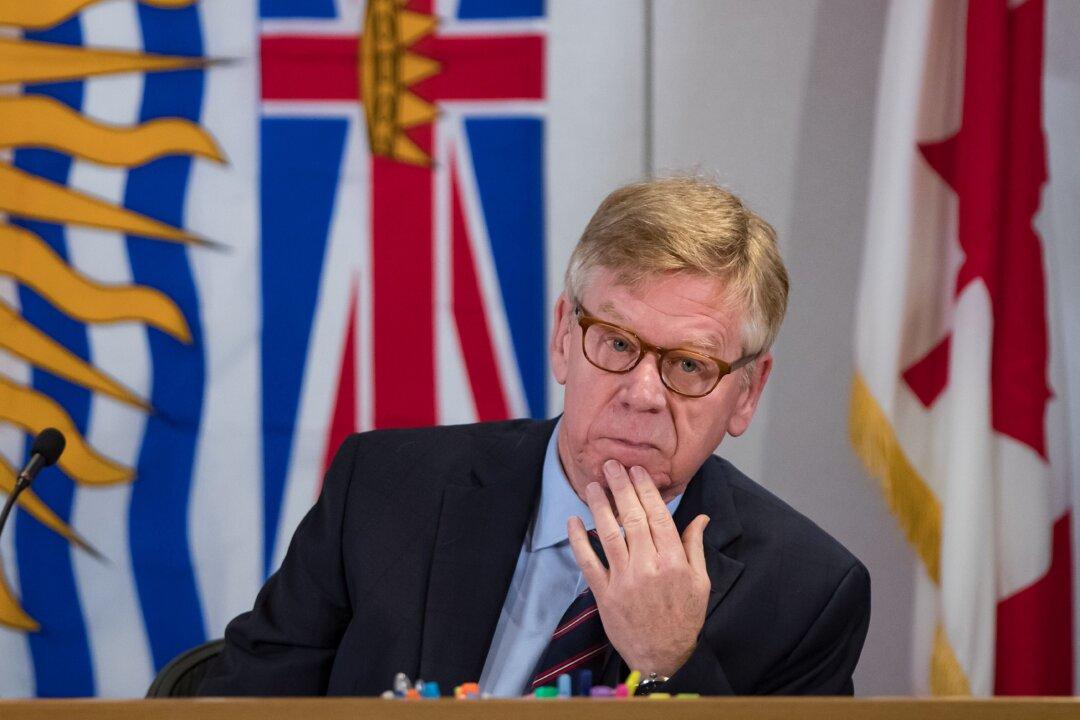B.C.’s inquiry into money laundering amid allegations of rampant drug crimes and crime proceeds injected into real estate—fuelling a housing affordability crisis—heard its closing submissions this week, ahead of its final report expected in December.
Various stakeholders used their submissions to summarize their positions on the evidence heard, make general recommendations to the inquiry, assign or deflect blame, and attempt to influence how the Cullen Commission should move forward in producing its report.





